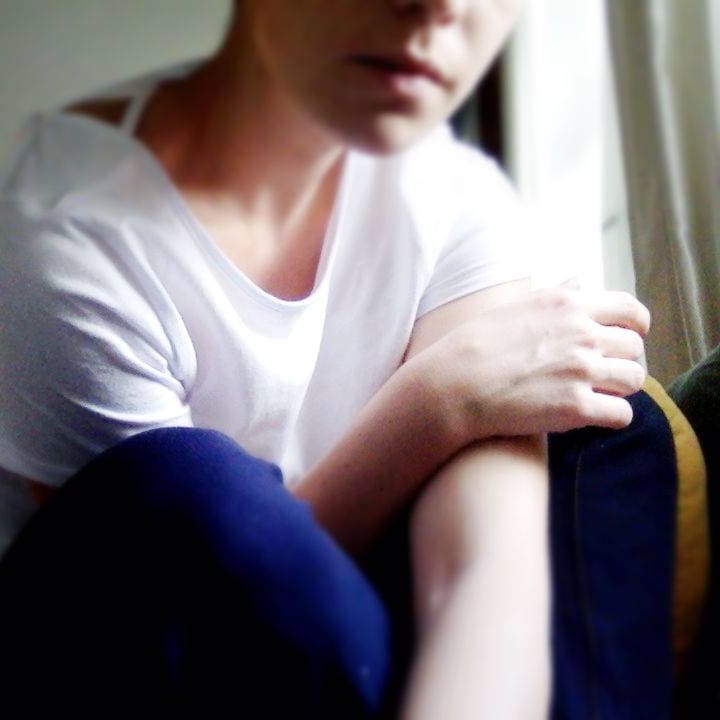Breaking the Cycle of Addiction: Strategies for Lasting Change

Are you struggling with an addiction that just won’t go away and want to find a way out? Breaking free from the cycle of addiction is no easy feat, but it isn’t impossible either! While recovery requires dedication and hard work, there are some tried and true strategies for lasting change.
From lifestyle changes to professional treatments, there can be light at the end of the tunnel – if you’re ready to take that first step. In this blog post, we will explore these strategies in more depth so you can get on track toward becoming alcohol or drug-free forever.
Consider joining a good treatment program
Breaking the cycle of addiction can be incredibly challenging, and sometimes it takes more than just willpower and determination. If you feel like you need extra support and guidance in your recovery journey, joining a treatment program may be a beneficial option for you. Whether you are looking to overcome addiction in Bali or any other place, these programs offer a variety of therapies, from individual counseling to group therapy and support groups, which all, in turn, help individuals address the underlying issues of their addiction and develop healthy coping mechanisms.
Treatment programs also provide a structured environment, accountability, and support from trained professionals who understand the complexities of addiction. With the right treatment program, individuals can find the resources and support they need to achieve lasting recovery.

Understand the root cause of your addiction
Addiction is a complex issue that can take hold of anyone, regardless of background or circumstances. It’s easy to focus on the symptoms of addiction, such as cravings or withdrawal, but understanding the root cause is just as important.
What drives a person to seek comfort in a substance or behavior? It could be trauma, untreated mental health issues, or feelings of loneliness and isolation. By confronting the underlying issues that led to addiction, individuals can begin to heal and take steps toward recovery. It’s not always an easy, straightforward process, but it’s worth pursuing for a happier, healthier life.
Set realistic, achievable goals to break free
Breaking free from the grip of addiction can be a daunting task. That’s why it’s important to focus on setting realistic and achievable goals. These goals can help you create a sense of direction while also allowing you to build your confidence and momentum. When setting your goals, it’s important to remember that change isn’t going to happen overnight. It’s a process and one that takes time, effort, and patience.
With the right mindset and support system, you can create a plan to break free from the addictive cycle and achieve a healthier and happier lifestyle. Remember to celebrate your small successes along the way, and don’t be afraid to ask for help when you need it.
Identify triggers
Understanding your triggers can be a powerful tool in overcoming addictive behaviors. Triggers are strong emotions, situations, or thoughts that can set off the urge to engage in substance abuse or other unhealthy behaviors. These triggers can be different for each person, but identifying them is the first step towards developing healthy coping mechanisms. It’s important to take note of situations and feelings that precede the urge to use substances or engage in other addictive behaviors.
For example, feeling stressed or anxious may be a common trigger for some, while others may strongly desire to indulge after a disappointing conversation or event. By recognizing these triggers and developing alternative ways to cope, it’s possible to avoid falling back into unhealthy patterns and maintain long-term recovery.
Healthier alternatives to substitute for addiction
Breaking an addiction can be a tough challenge, but finding healthier alternatives can make the journey smoother. By replacing addictive behavior with activities that promote physical and emotional well-being, it’s possible to take control of your life and improve your overall health. Whether it’s finding a new hobby, hitting the gym, or connecting with nature, there are numerous options to help you overcome your addiction.
Making small changes in your daily routine and finding supportive people can also make a big difference. So take the first step towards a healthier lifestyle and start exploring the alternatives available to you.

Practice positive self-talk and mindfulness
Cravings can be tough to manage, but with the right tools, you can successfully overcome them. One technique is to practice positive self-talk. When cravings strike, it’s easy to get caught up in negative thoughts and emotions. However, by consciously redirecting your thoughts and focusing on positive affirmations, you can regain control of the situation. Additionally, mindfulness techniques can be beneficial.
By staying present in the moment and observing your thoughts and feelings without judgment, you can learn to regulate your emotions and reduce stress. Combining these two techniques can help you navigate through cravings and stay on track toward your goals. Remember, you are strong, capable, and in control – and with a little practice, you can conquer any craving that comes your way.
Addiction is a challenge that requires dedication and hard work. It is not something that can be overcome overnight, but instead requires patience, persistence, and an unwavering desire to improve your life and relationships. Take one day at a time and use the above methods to build a foundation for yourself so you can break free from addiction.
Remain determined to practice healthy habits and keep your motivation strong so you can live an immortalized life of sobriety. Have faith in yourself and keep fighting, now is the time to reclaim your life. Talk with close friends or family if needed, reach out for professional help if necessary, but never give up on yourself!





